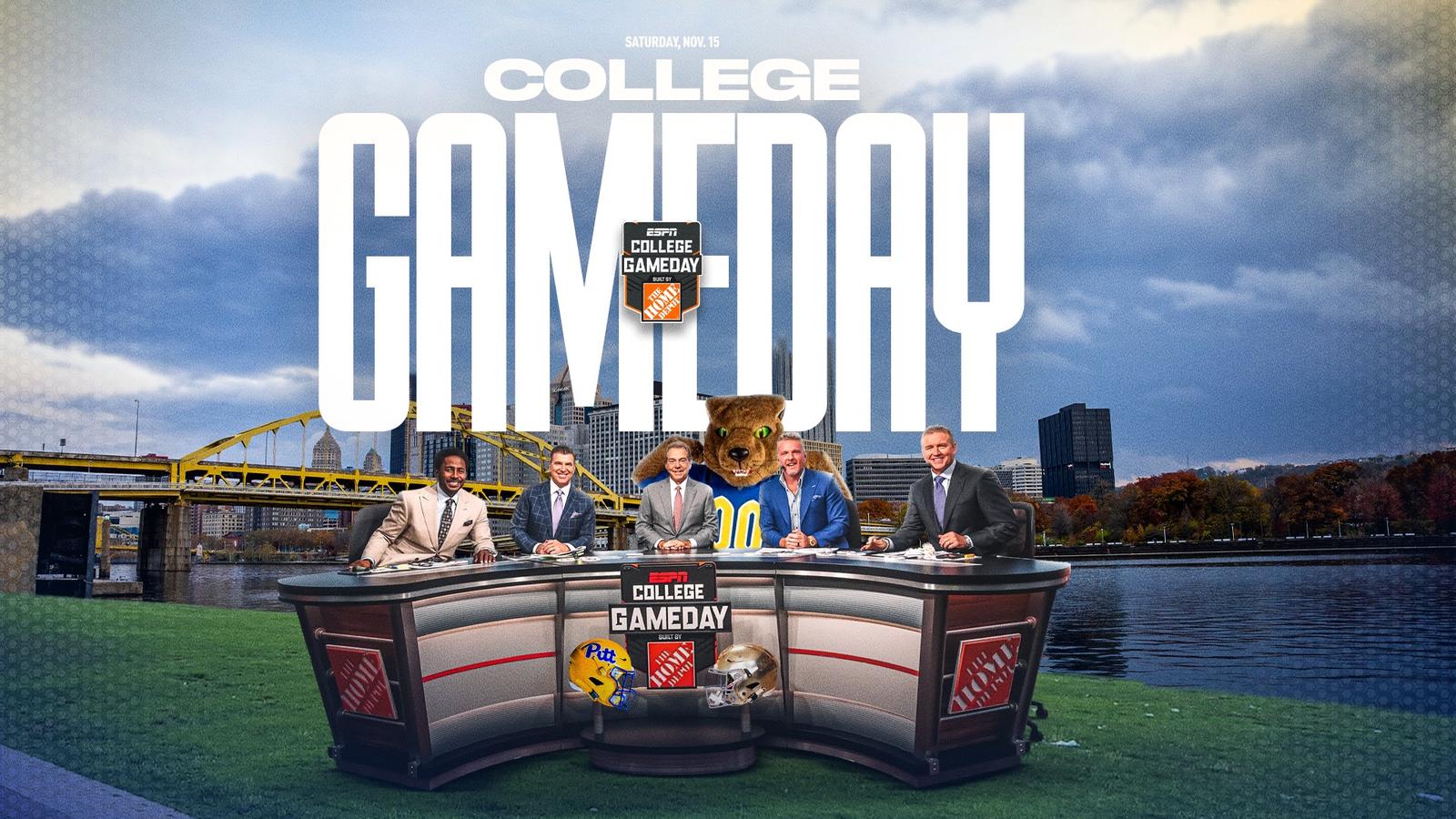For the most part, everyone likes movies. The Ouachita Film Society, sponsored by the English department, the School of Humanities and the College Society, allows people to come together to view and discuss quality films. It creates a community that fosters a healthy and enriching experience of the arts. Plus there is free food and a chance to win a T-shirt.
Apart from the movie showings, in the past there has also been an Honors Seminar titled “Faith and Film” and a trip to attend a conference on film and occupations at Hendrix College. But the most frequent Film Society events are the movie nights. Films shown have included “Stranger Than Fiction,” “Mr. Smith Goes to Washington,” “It Happened One Night,” “The Wizard of Oz,” “Psycho” and “The Birds.”
Participants watch the film then discuss topics such as the film’s aesthetics, message and purpose.
Discussion is virtually open to anything pertaining to the movie, including any thoughts or ideas and even simply what was liked and disliked.
“We began the Society in the fall of 2006, primarily at the instigation of Dr. Mary Beth Long,” said Doug Sonheim, Anthony Professor of Bible and Humanities. “We wanted a venue for students to view and discuss film as appreciation, as a way of sharpening critical skills, as exposure to different cultures and simply for the good fellowship of like-minded persons who enjoy a good story told well.…Ultimately, the goal is to encourage students to deepen their pleasure by using their minds and by engaging that most pleasurable of human experiences – a conversation about beauty, character, meaning.”
Oftentimes, American culture leaves the impression that movies and television are a low form of art, especially when parents tell their children to “go read a book” because watching television will “fry your brain.” But English major Andrew Sweatman, a student leader in the Film Society, expresses a very different view.
“I feel like many people just think of movies as a fun past time,” Sweatman said. “But film is an artistic medium with the potential to be as powerful and complex as music or literature. A movie with a good message can, and I think should, affect the way a person lives. Film is an under-appreciated art form and I want to do what I can to spread the love of great movies.”
Sweatman contends that evaluating film is equally important to evaluating literature or any other “higher” art forms. He argues that both literature and film surpass one another in some instances yet fall short of one another in other instances.
“Just like a novel, or any other work of art, an effective movie presents a theme in its own unique fashion,” Sweatman said. “In the same way that it’s important to analyze an author’s use of the conventions of language, movie-goers should consider the filmmaker’s use of the conventions of film. Creative filmmakers can tell stories in ways that novels can’t, just like creative authors can do things with language that could never be done with a camera.”
Though membership to the Film Society is open to anyone who enjoys movies in any capacity, membership is not required to attend the movies, which are open to all students, faculty and staff. Anyone interested in officially joining, however, is encouraged to contact Doug Sonheim.
“We allow anyone with an interest in film in to our group, so it is a club based on a common interest,” Sonheim said. “You don’t have to be a certain major or a certain ‘intellectual’ type as long as you enjoy film and like to talk about what you see.”
Students who both enjoy film and who are looking to build a resume might be especially interested in membership.
“I’m actually trying to get more student involvement in the organizing, setting up and so forth,” Sonheim said. “I felt I owed it to students to let them get more involved in running the Film Society since most companies, when they look to hire college graduates, want students who were involved in college leadership organizations. Right now, Andrew Sweatman is taking the lead to help organize and promote it, and Liz
Richardson is helping with setting up and refreshments. We can always use more help.”
The films shown are chosen carefully through both surveys and reputable sources, and sometimes students vote.
“We got things going with the very first film night that featured ‘Stranger Than Fiction,’ one of my favorite movies,” Sonheim said. “But for the most part the students choose. We are trying to feature films from the
American Film Institute’s (AFI) list of the top 100 films of all time.”
The Society also strives to appeal to the public, who have expressed vested interest in film.
“Last year I solicited suggestions from students and faculty, and I received close to 70 titles,” Sonheim said.
“Many folks sent in two or three titles of great movies that would provoke really good and fun discussion. One student listed 30.”
Sonheim also expressed the importance of understanding film to understanding the world we live, because film is such an integral part of our entertainment and culture.
“Film is perhaps the most popular form of entertainment, and it is therefore very important that we understand what makes it work,” Sonheim said. “We need to deepen the pleasure we take in stories that are well-told, that is, told with integrity and artistry. In other words, we need to understand the formal qualities of film, which are fluid and flexible, changing each year with new technology.”
Christians can search for deeper truths as they watch films by asking important questions about the culture represented by the cinema.
“As Christians, we should also be interested in the kind of life and the kind of world being presented in a film,” Sonheim said. “What is the vision of human life that the film presents? How does this film map out the realities of being a human being, alive in society, struggling to find what is true, good and beautiful? We are people who have a strong sense of stories and character – from Adam and Eve, to Noah, to Moses and the prophets, to the parables of Jesus.”
With a faith that is shaped by the stories painted in the Bible, Christians have a heritage of storytelling, this applying their faith to what is on the screen is both simple and natural.
“Our faith is shaped more by stories than by abstract propositions,” Sonheim said. “So the more we understand how stories work — their shape, texture, tone, complexity — the better we will be able to understand God’s story. This does not mean we impose our religious view on movies or force movies to fit any certain theme. Nor does it mean that we shy away from thinking boldly in theological terms about what we see. It means that, on the one hand, we hold firm to our theological convictions about a triune God as Creator, about human sin, about the Incarnation and about our future hope while, on the other hand, we seek and affirm the art of the film as we apply a hermeneutic of charity toward the characters.”
The Film Society will have its premiere movie night on Feb. 28 at 8 p.m. in Lile 330.
“This week’s film was chosen from AFI’s list of the 100 greatest films, all of which are in the media section of Ouachita’s library,” Sweatman said. “Vertigo is number nine. Dr. Sonheim and I made the decision after I asked around a little to gauge people’s responses. Everyone seemed to be pretty interested and surprisingly few people had seen it before. I want to show movies people will be interested in, but I also want to show things that people might not have watched on their own.”
Sonheim encourages students to come not only for food and entertainment but also as part of the education that leads to creativity and creating new kinds of art, such as new films, that ultimately can change the way we live, a part of our mission as Christians.
“We’ll have refreshments,” Sonheim said. “We give away a free T-shirt with a favorite line from the movie.
You might meet someone new. Also, as Christians, we need to move beyond the typical postures we have taken toward movies in general and Hollywood in particular; as Andy Crouch has pointed out in his book ‘Culture Making,’ we Christians have reacted to culture by condemning, critiquing, copying and, worst of all, merely consuming. None of these work to change things. Rather, we have to create something new; I think that we have students who can do this, who can create movies with integrity that will offer a realistic and truthful vision of human life. Viewing and discussing and enjoying great films is one part of that creative process.”
By Hannah Holmes, Signal Writer





